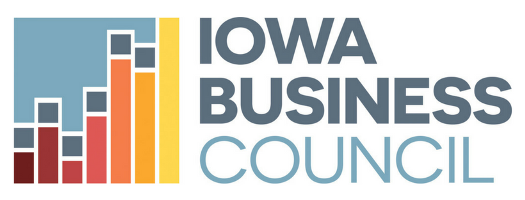Latest survey by Iowa Business Council breaks string of negative outlooks

DES MOINES — The Iowa Business Council’s fourth-quarter Economic Outlook Survey shows some positive expectations for the next six months.
Executive director, Joe Murphy, says it’s a good way to start the new year. “We scored an index score of 59.26. And the important point on that is anything that scores above 50 represents positive economic sentiment. So we’re about a half a point better than we were in the third quarter of 2022,” Murphy says.
The increase is not large — but Murphy says it’s important, because it marks the end of a three-quarter decline in the overall level of optimism. “To have that streak broken of three straight quarters of decline is very important as we head into 2023,” he says.
The IBC is a nonpartisan, nonprofit organization whose 20 members are the chief decision-makers for major Iowa employers.
Murphy says it appears the business leaders have seen the national and international trends and believe Iowa is in a better position. “I think people are more and more confident that whatever sort of economic duress that may occur at a national or international level, that Iowa will be relatively well insulated from that,” Murphy says. “Iowa has a long history of being resilient in the face of economic strife. And I think we’re growing more and more confident that this time will be no different.”
Murphy says there are still challenges. “The inflation issue continues to rear its ugly head. Seventy-seven percent of our members cited inflation as a primary business concern, that’s up by about 17 percent from the third quarter,” Murphy says. “So when you think about the allocation of your capital, or purchasing assets, or technology or other big capital expenditures, you’re definitely going to consider inflation, more and more.”
The Fed Reserve has upped interest rates to try and slow spending and bring down inflation. Murphy says sales expectations have actually increased among businesses compared to the third quarter. “So while we have seen interest rates increase, we’re still in a very interesting situation where demand is still quite high for goods and services. And I think that’s as a result of, you know, very high personal balance sheets among individuals. And then strong balance sheets among corporations and companies as well,” he says.
Murphy says the increase in interest rates may eventually make companies rethink plans, but it hasn’t happened just yet.




